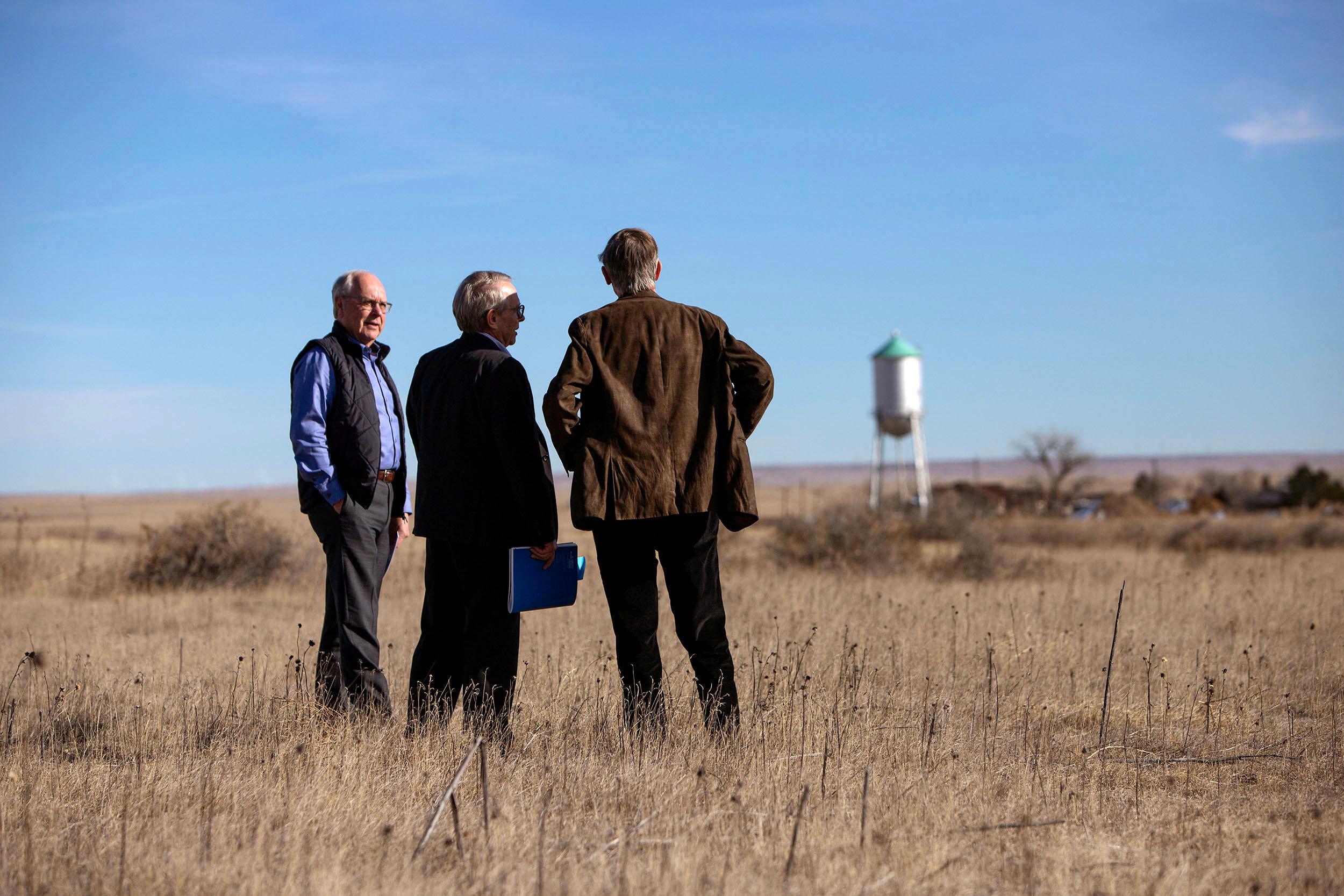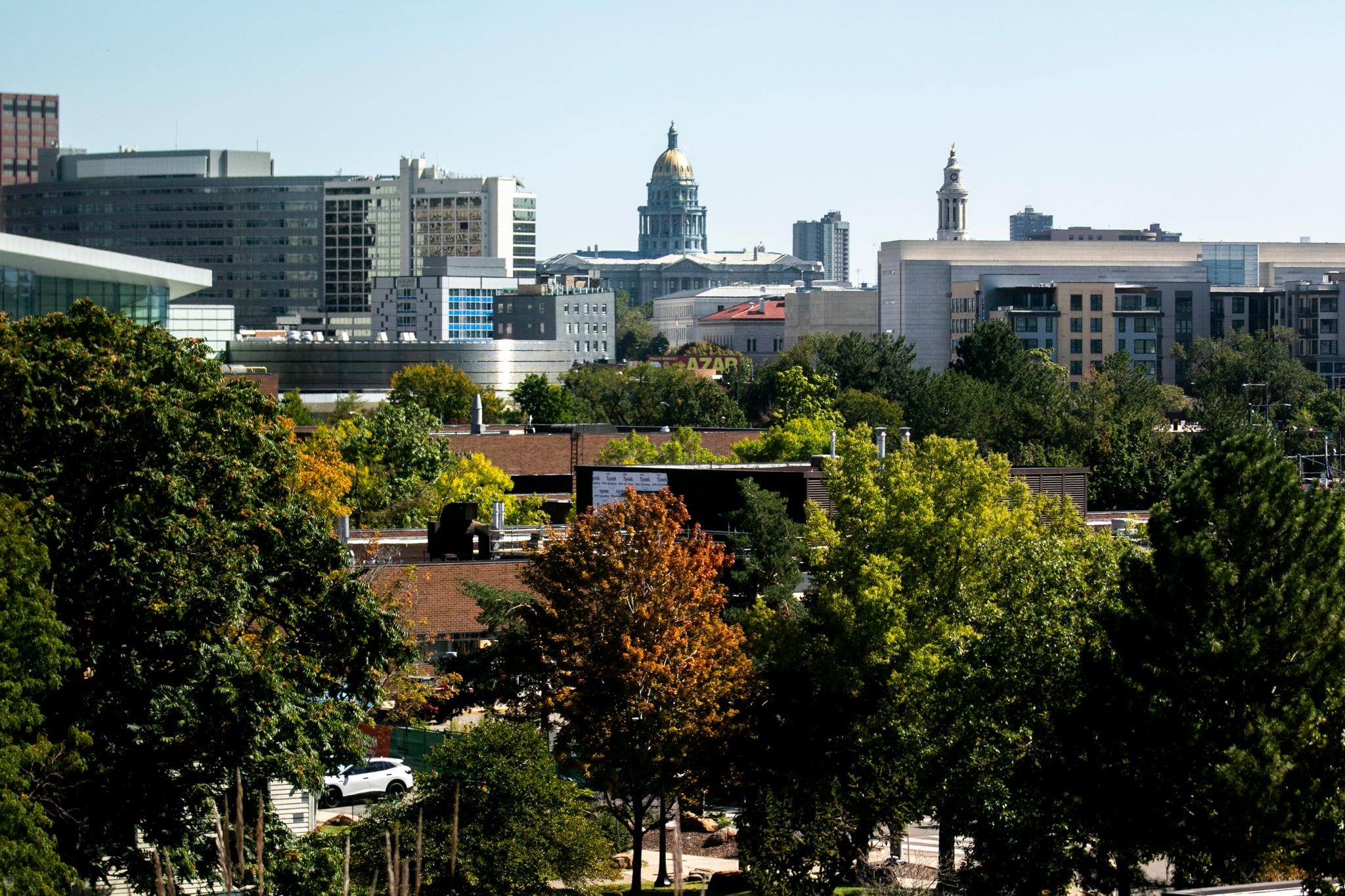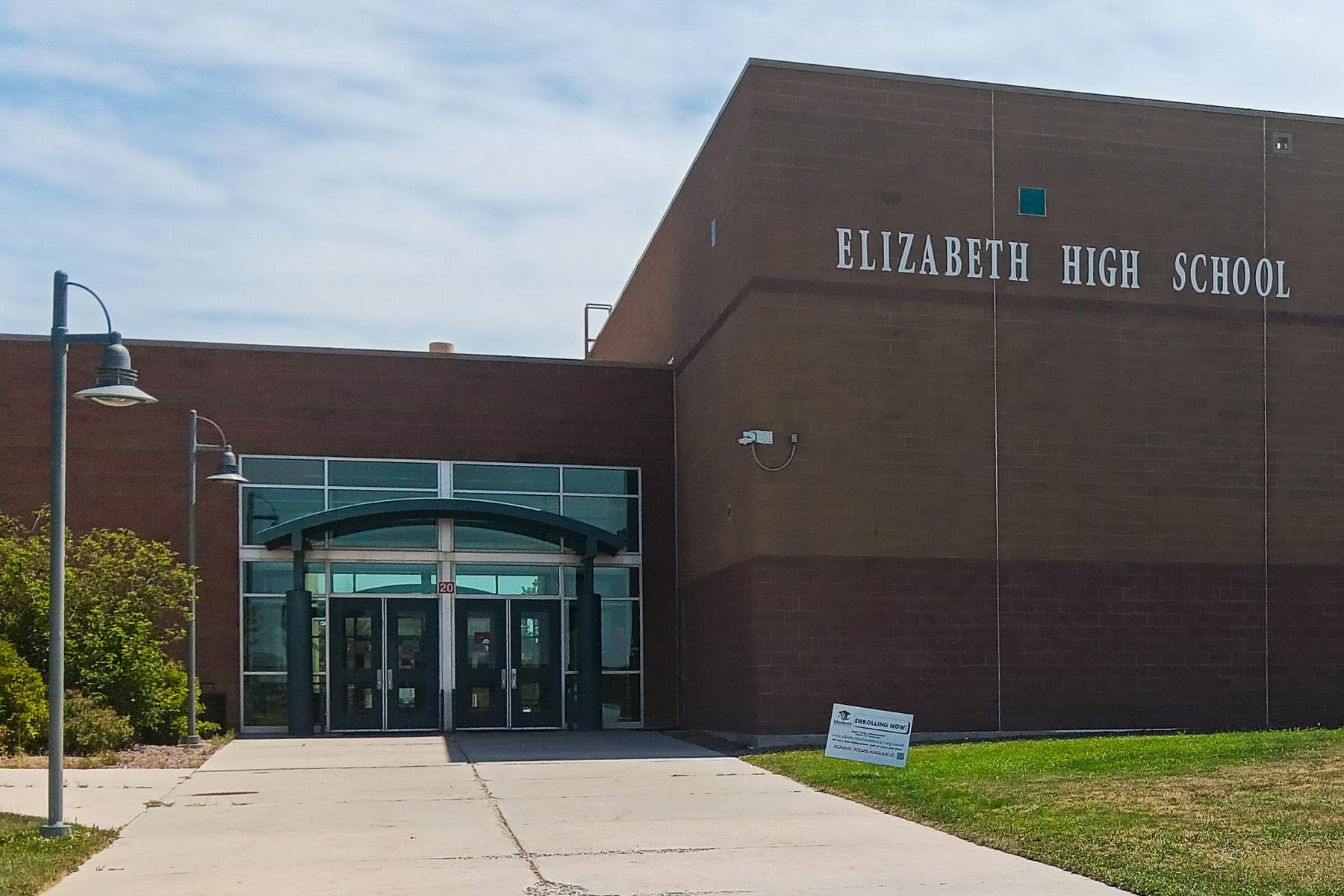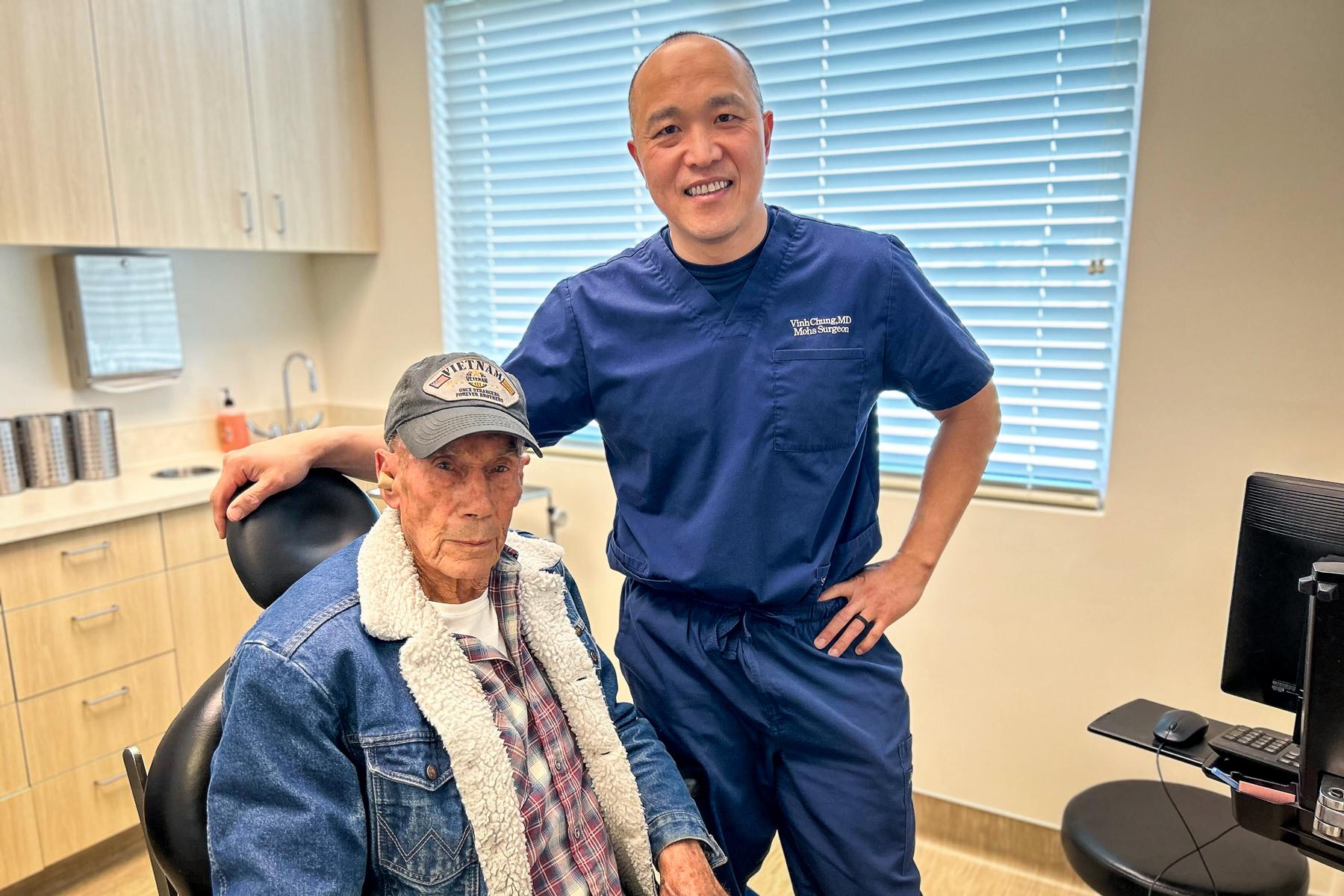
Chester Reed remembers the images vividly: the fall of Saigon broadcast on television, families desperate to flee.
"The people, they were scared to death. They didn't know what tomorrow was gonna bring," he recalled. "Only thing the people in South Vietnam wanted to do is live in peace, raise their families and get on with their lives."
Fifty years after the end of the Vietnam War, Reed — a veteran who served two tours in Southeast Asia — has found an unexpected bond with someone whose life the war upended: Dr. Vinh Chung, a Colorado Springs dermatologist who now treats him.
“When Saigon fell in April of 1975, my mother was pregnant with me,” Chung said. “I didn't choose to go there. I wasn't drafted. I was just born there."
Chung's family, ethnic Chinese business owners, lost everything when Saigon fell, he said. Born in the Mekong Delta, he spent his early childhood in the jungle before his family fled Vietnam by boat.
"There's a one-way trip because when you leave as a refugee, there's no going back," he added.
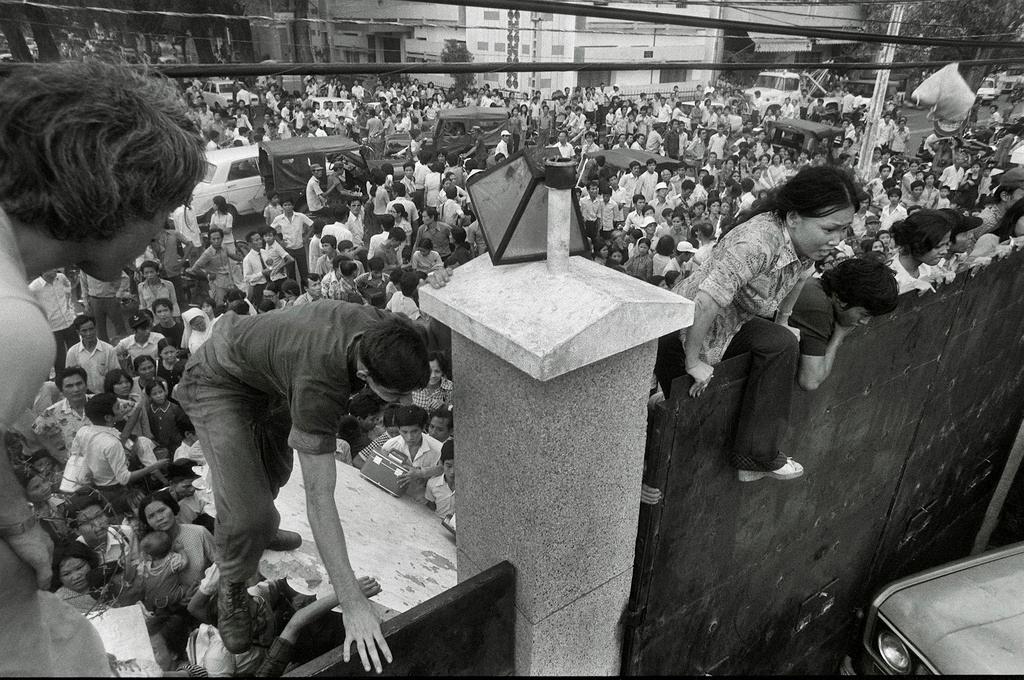
After drifting at sea with no food or water, they were rescued by a humanitarian ship. Eventually, a small Lutheran church in Fort Smith, Arkansas, sponsored them.
Decades later, another life-changing event brought Reed and Chung together — not on a battlefield, but in a Colorado clinic.
"I had a cancer on the back of my neck," Reed remembered, touching the spot below his head. Reed said a friend recommended Dr. Chung. "Two days later, he operated on me and I'm here today because he's took good care of me for the last 14 or 15 years."
"Mr. Reed here took a chance on me," Chung chimed in. "I came here, opened a practice. I knew nobody. And so we started from scratch."
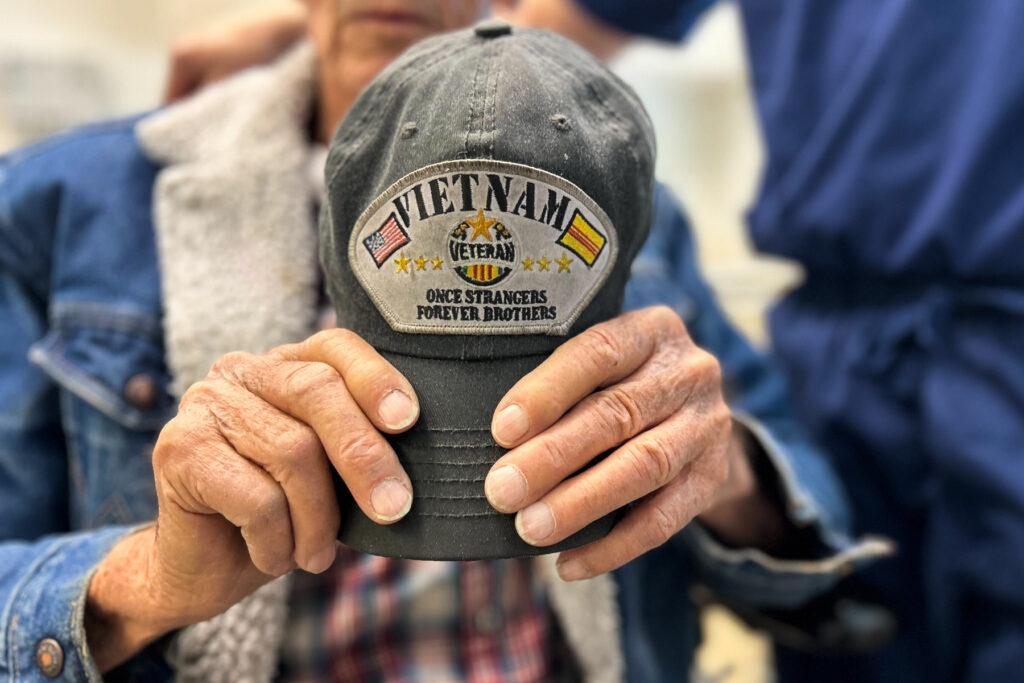
The two men bonded over more than medical procedures.
Their conversations revealed parallels between their journeys and a shared belief in the power of kindness.
"You can't control the paths of your lives," Chung said. "But you can always control how you treat other people."
Reed agreed: "I like to treat everybody just like I treat myself. If I treat you that way, you'll treat me right too."
Fifty years after Saigon fell, both men say they carry the lessons of war and survival.
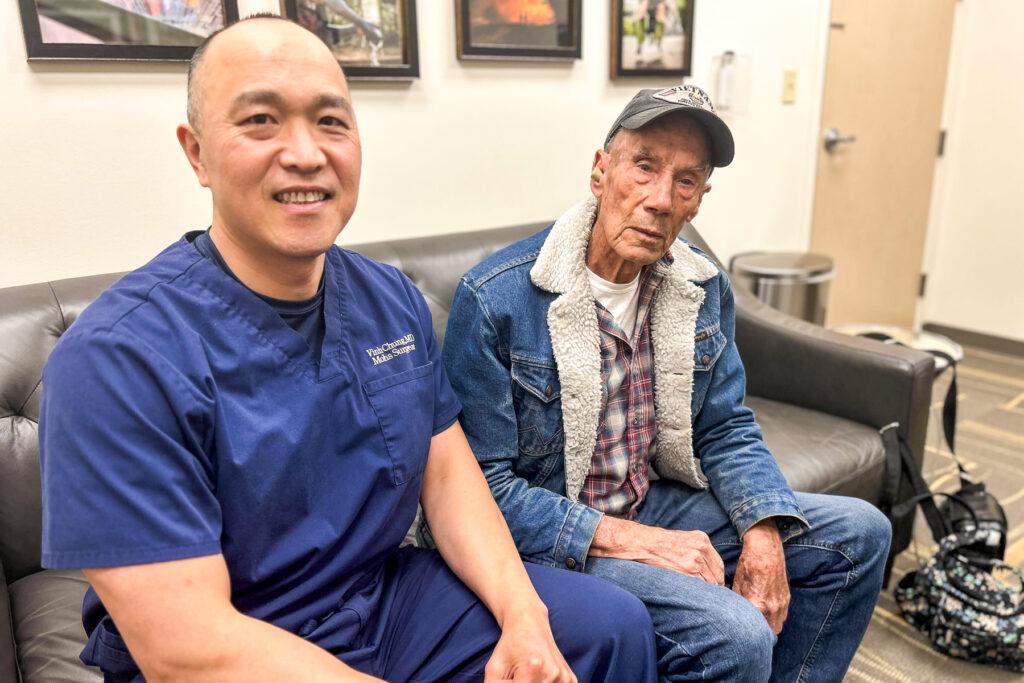
"It made me grow up a little quicker," Reed said. "You go through field hospitals, you see people laying there with no legs, no arms. You just learn to live with things. You can't change nothing."
Chung reflected on the duality of human nature.
"Humans are capable of the most cruel and savage behavior," he said. "On the other hand, I'm just amazed at the incredible courage and generosity of people I've encountered."
As the world marks the anniversary of the war's end, Chung sees it as a reminder.
"Today, as we talk about immigrants and refugees, we must see humanity in them," he said. "We should never, ever lose that."
Reed echoed the sentiment.
"Just treat everybody like you want to be treated and life will go on and everybody will get along good."
Funding for public media is at stake. Stand up and support what you value today.



